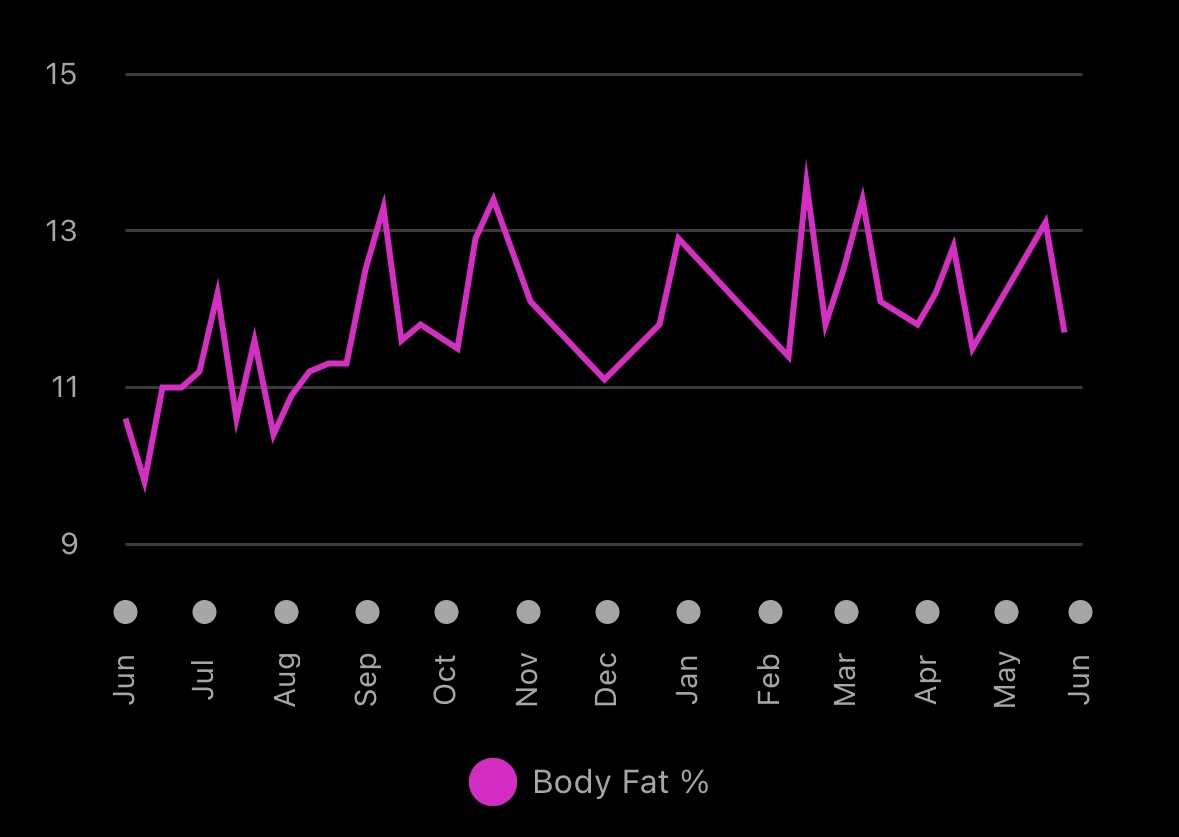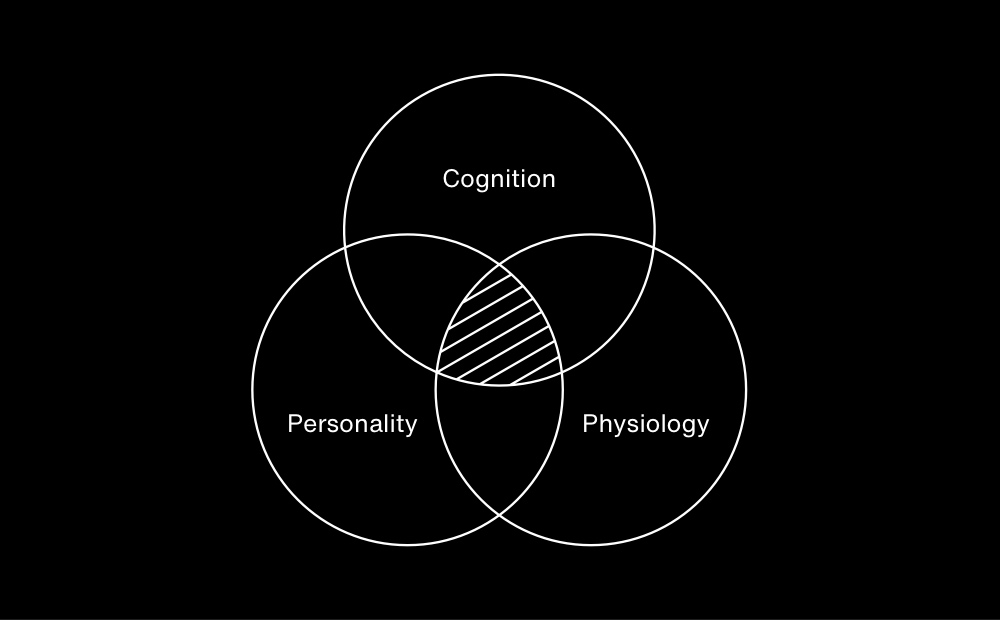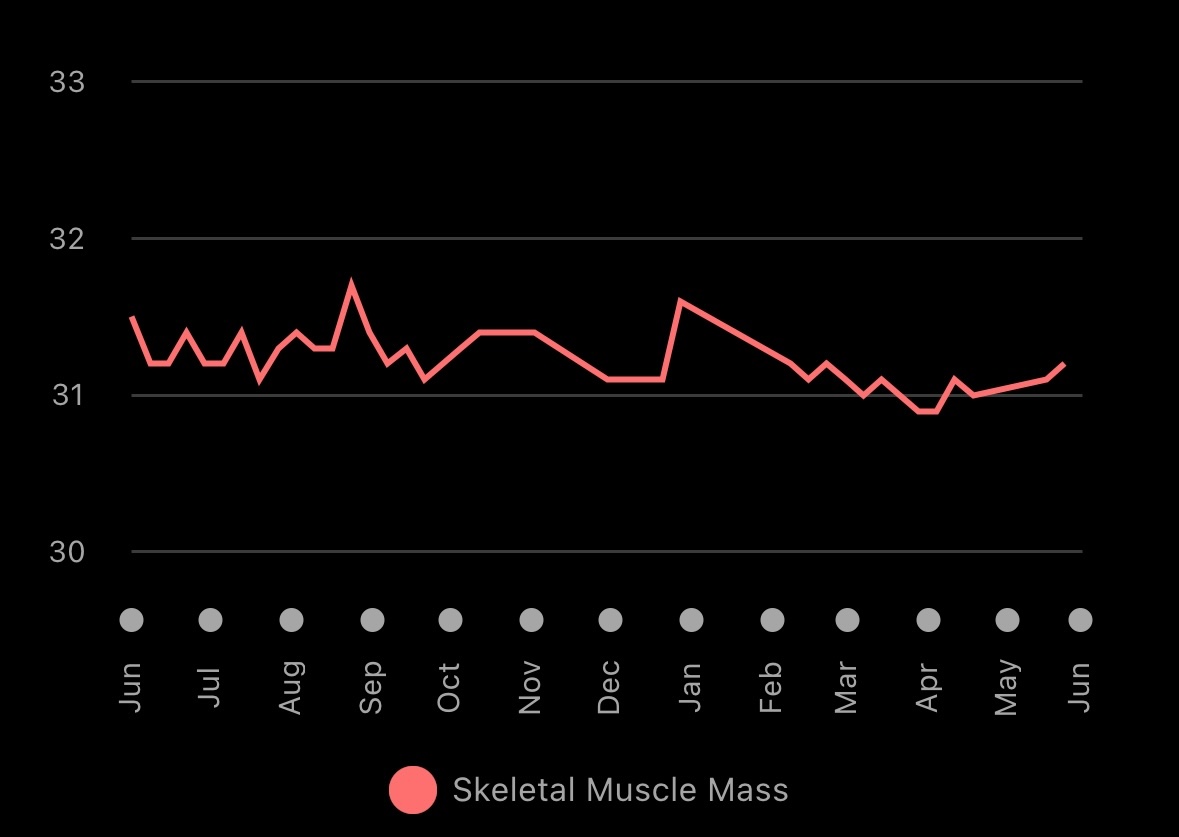Our Story

By Oliver Rees
Founder of Statebeing
Imagine if you wanted to understand your body better.
There are thousands of metrics and measures you could use: weight, body fat percentage, body mass index, muscle mass, hydration levels, VO2 max, resting heart rate, the list goes on. And every day new technologies are being developed to measure even more: gut microbiome, blood glucose, sleep quality, strain.
Tracking these measures can help you understand if you're making progress towards your goals. Are you losing fat? Are you gaining muscle? Are you getting fitter? They are objective, quantifiable, data points that paint a picture of your body's health and performance.

What's powerful about these metrics is that they help you see things you can't perceive with your senses alone. You might not be able to tell if you're getting fitter by how you feel, but you might see it in your heart rate recovery after you've been for a run, or your decreased body fat percentage over a number of weeks.
We know so much about our bodies and what we can do to change and improve them. But when it comes to our minds, it's a different story.
Measuring the Mind
Ever since I came across psychometrics in Cambridge in 2009, I've been fascinated by the idea of measuring the mind. What if we could quantify our cognition, values and sense of self in the same way we can measure our weight or muscle mass?
Amazingly, though, the fundamental practice of measuring the mind hasn't changed much since the 19th century. The standard for mental health measurement is still the self-report questionnaire. You answer a series of questions about your thoughts, feelings and behaviors, and a score is calculated that tells you how you're doing.
This is not to say that self-report questionnaires are bad. They are a powerful tool for understanding mental health and have been used to great effect in research and clinical practice. But they have their limitations.
In the same way that you can't measure your muscle mass by asking yourself how much muscle you think you have, it's difficult to assess your mental health by asking yourself how mentally healthy you are. The mind is a complex system that is difficult to understand from the inside.
For over a decade I've developed different psychological tools for sports teams, large businesses and the military. I've seen the power of these tools to help people understand themselves better, to make better decisions and to improve their mental health. But I've also seen their limitations. Broadly, these tools fall into three categories:
- Personality Measures
These are measures of your traits, characteristics and values. They tell you about your values, your preferences, your strengths and weaknesses. Typically these are measured using self-report questionnaires. - Cognitive Measures
These are measures of your cognitive abilities, like memory, attention, reasoning and problem solving. Typically these are measured using cognitive tests and games. - Physiological Measures
These are measures of your body's response to mental tasks, like heart rate, skin conductance, and brain activity. Typically these are measured using sensors and wearables.
Each category of measure has strengths and weaknesses:
-
Self-report questions can give a lot of insight, but often suffer from social-desirability bias, where people answer in the way they think they're meant to. They can also be gamed by people who want to present themselves in a certain way.
-
Cognitive tests are more objective and can give you a measure of your abilities that can't be gamed as easily, but they don't tell you much about your values or emotions.
-
Physiological measures can highlight hidden mental states, but they don't tell you much about who you are as a person.
Usually these measures are used in isolation. You might take a personality test, or a cognitive test, or a physiological test, but rarely are they used together.
Statebeing is an attempt to bring the very best of these measures together in one place, to give you a more complete picture of the holistic person you are: your self, life and mind. Importantly, the measures we use are all scientifically validated and have been used in research and clinical practice for many years - we're not reinventing the wheel, just bringing it all together in one place.
Bringing it all together
Used together, these three kinds of measure can paint a more complete picture of your mental health and the person you really are. The space where these measures overlap is where the most interesting insights lie. Conflicts, contradictions and consistencies between these measures can tell you a lot about yourself.

